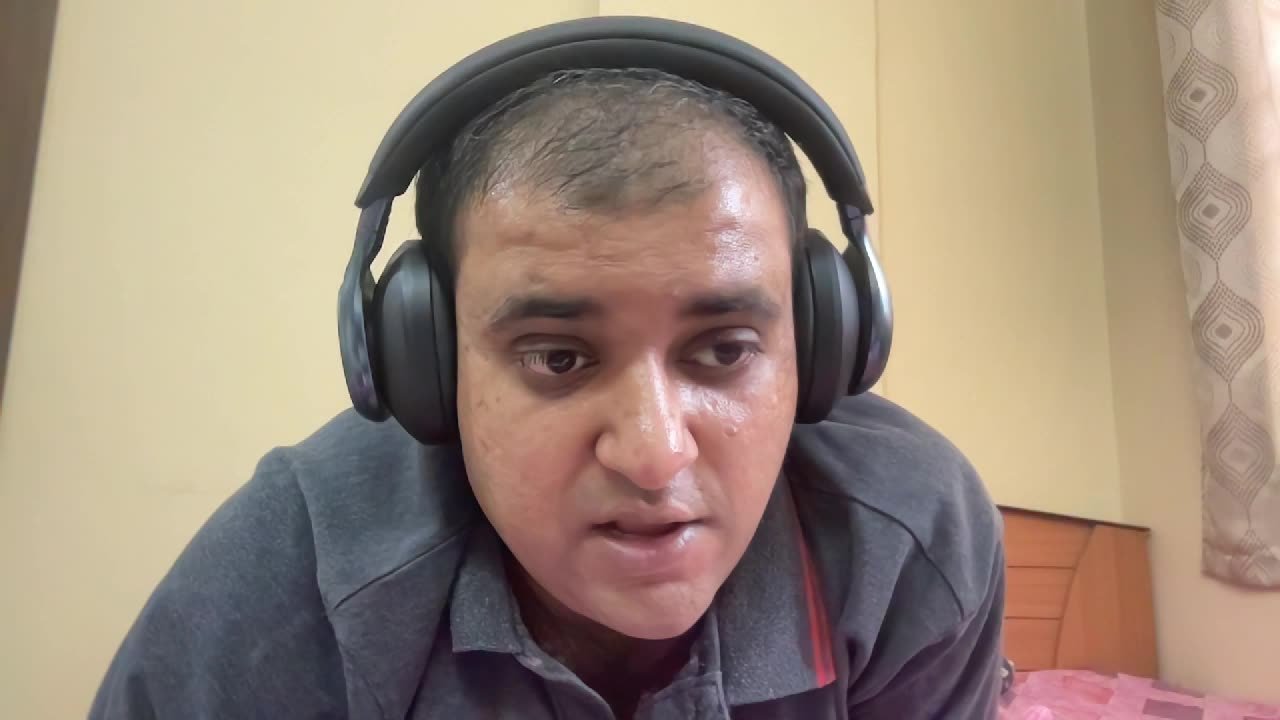The untimely demise of 34-year-old Bengaluru-based engineer, Atul Subhash, has sent shockwaves across India. His tragic end, allegedly driven by relentless harassment from his estranged wife Nikita Singhania and her family, has ignited a firestorm of controversy and raised serious concerns about the plight of men in the Indian legal system.
Key Points from the Atul Subhash Case:
- Tragic Demise: 34-year-old Bengaluru-based techie, Atul Subhash, died by suicide.
- Harassment Allegations: Subhash accused his estranged wife, Nikita Singhania, and her family of relentless harassment, including false legal cases.
- Suicide Note and Video: He left behind a 24-page suicide note and a 90-minute video detailing his ordeal.
- Public Outrage: Social media erupted with anger, targeting Nikita Singhania and Accenture, where she is employed.
- Legal System Criticism: The incident sparked a debate about the Indian legal system’s potential bias against men in marital disputes.
- Mental Health Concerns: Subhash’s case highlighted the mental health impact of prolonged legal battles.
- Calls for Reform: Activists are demanding reforms in family law to ensure justice for both genders and protect victims of domestic violence.
- #MenToo Movement: The case has fueled the #MenToo movement, calling for greater awareness and support for men facing similar issues.
Subhash’s suicide note and a 90-minute video, released before his death, detailed a harrowing tale of emotional and financial torment. He accused his wife, Nikita Singhania, and her family members of filing multiple false cases against him, including dowry harassment and murder charges. The allegations also implicated a family court judge, Reeta Kaushik, for allegedly exacerbating his ordeal.
Social media has been flooded with outrage, with many users directing their anger towards Accenture, where Nikita Singhania is employed. Calls for her termination have gained momentum, highlighting the growing public sentiment against those who may have contributed to Subhash’s despair.
The incident has sparked a wider conversation about the challenges faced by men in marital disputes. Critics argue that the Indian legal system is often biased against men, leading to unfair outcomes and, in extreme cases, tragic consequences. The #MenToo movement has gained traction, with activists calling for reforms in dowry laws and greater protections for men facing legal and emotional harassment.
Subhash’s case has also brought attention to the mental health crisis among men, particularly those entangled in prolonged legal battles. Experts emphasize the need for better support systems and counseling services to help individuals cope with the stress and anxiety associated with such situations.
The tragedy has exposed the urgent need for a more balanced approach to family law in India. Critics argue that the current system often favors women, leading to misuse of laws and unfair treatment of men. They call for reforms that ensure justice for both genders and protect victims of domestic violence, regardless of their gender.
As the investigation into Subhash’s death continues, it is imperative that authorities take swift and decisive action to bring justice to the victim and prevent similar tragedies in the future. The case serves as a stark reminder of the human cost of legal battles and the urgent need for societal change to address the root causes of such heartbreaking incidents.
